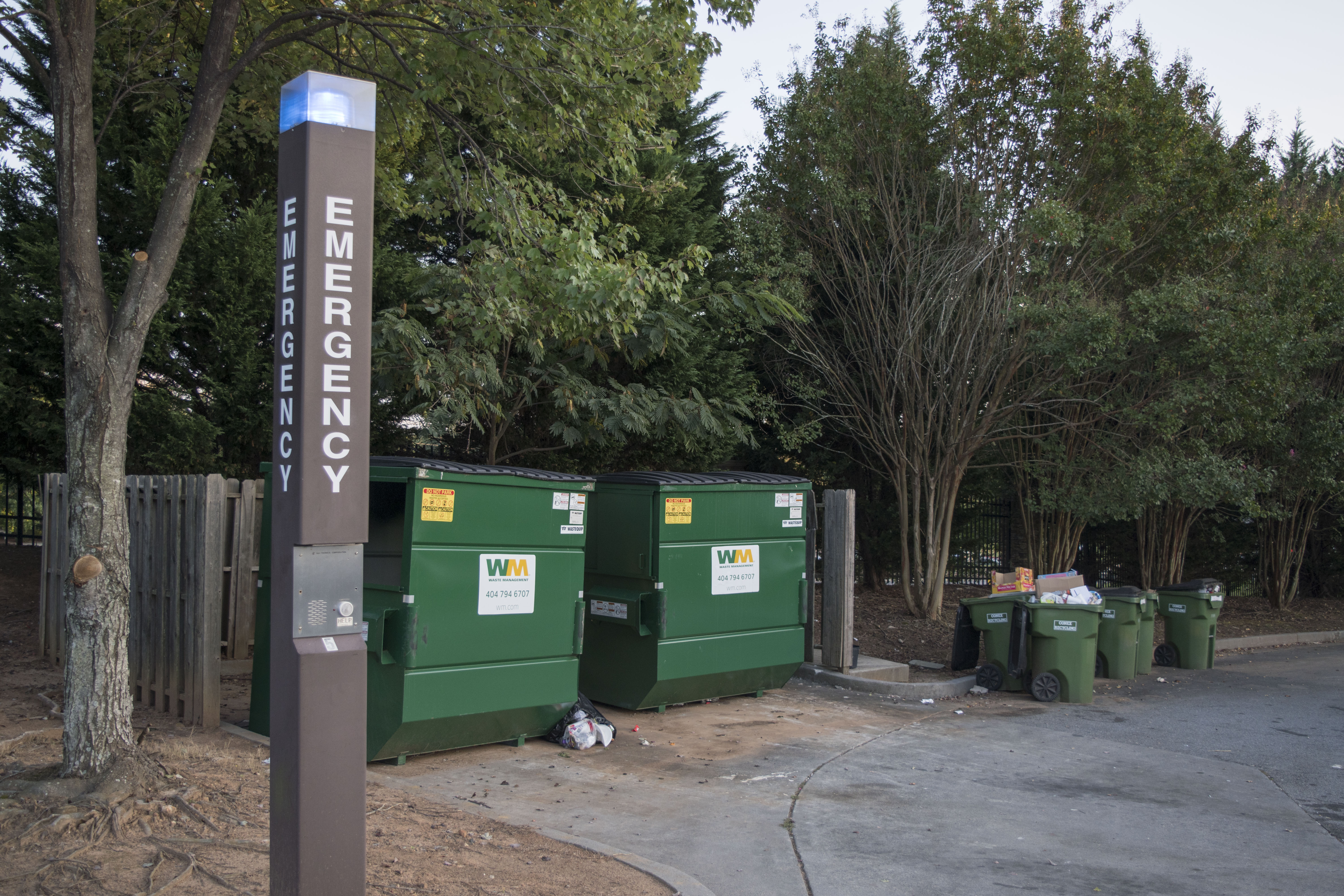The recent National Security Agency’s information leaks,courtesy of the now- famed Edward Snowden, have unveiled multiple ways the American government has spied on not only its enemies but also its citizens.
Snowden came to the British newspaper The Guardian in May 2013 with possibly “one of the greatest national security leaks in history,” according to famous leaker Daniel Ellsberg. Snowden made public the ways that the government monitors its citizens through data mining tools like Prism, Boundless Informant, Blarney, Stormbrew and others.
Through Prism, the government is able to collect Internet data through nine major Silicon Valley companies that include Google, Yahoo, YouTube, Facebook and Apple among others. The federal government is able to retrieve citizens’ emails, personal messages, photos, videos, stored data and any online activity with help from NSA partners and U.S. telecommunications companies.
Prism is court-approved, but it does not need individual warrants, according to a Washington Post article published July 10.
“It’s a challenge to the Constitution,” said KSU Political Science Professor Lee Jones. “Blanket surveillance of electronic communication is a challenge to the First Amendment and collecting people’s information without a warrant is a challenge to the Fourth Amendment.”
Jones said 75 percent of online material is being collected.
“It’s a case of freedom versus order,” he continued. “People will sacrifice some freedoms for safety. No one wants to get blown up. However, if people allow this surveillance to continue, the government is free to monitor other things.”
Through Boundless Informant, the government is able “to select a country on a map and view the metadata volume and select details about the collections against that country,” according to an NSA factsheet acquired by The Guardian.
“Metadata tells you the numbers called by [anyone] and [it] can derive things about them,” said Nathan Wilson, vice president for the KSU club Students for Liberty. “The NSA can see what you purchase, where you go and build a case against you.
“They can retroactively get all of this information without a warrant,” Wilson continued. “It’s scary! They can charge you on mitigating circumstances and take you to court.”
Although many KSU students revere Snowden’s actions, some are wary of the consequences the leaks may have on American security.
“It’s crazy, but do you really want to know everything they do to keep us safe? It’s creepy, but we don’t know how many times this practice could have saved lives,” KSU Business major Killian Moroney said. “Initially Snowden was a whistle blower, but as time went on, the leaks became unnecessary and dangerous,” said freshman Political Science major Michael Roberts. “He should have kept it in the U.S. Now other countries know that there are records that contain the online life of every American citizen and that of theirs too.”Through Blarney, the NSA partners with companies overseas, making deals for their Internet data.
“What [Snowden] did was dangerous,” said senior Political Science major Patrick Crooks. “Think about unindustrialized countries . . . Now they know we are watching them.”


